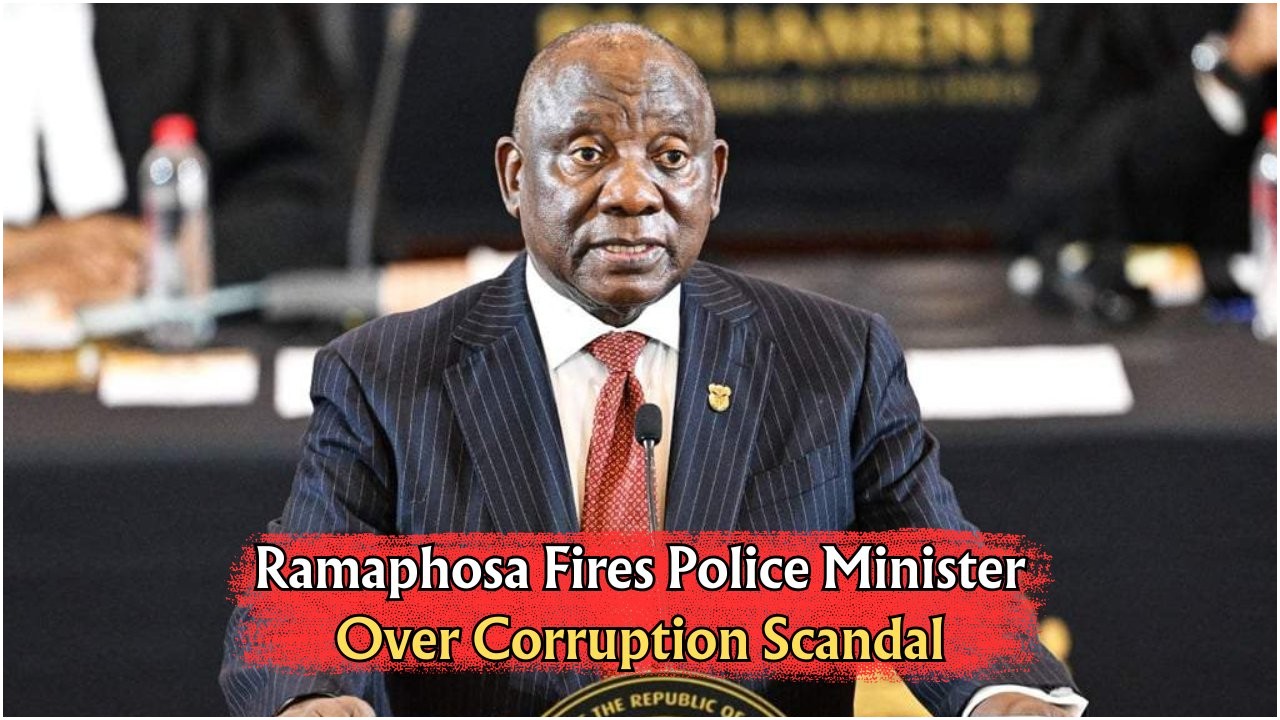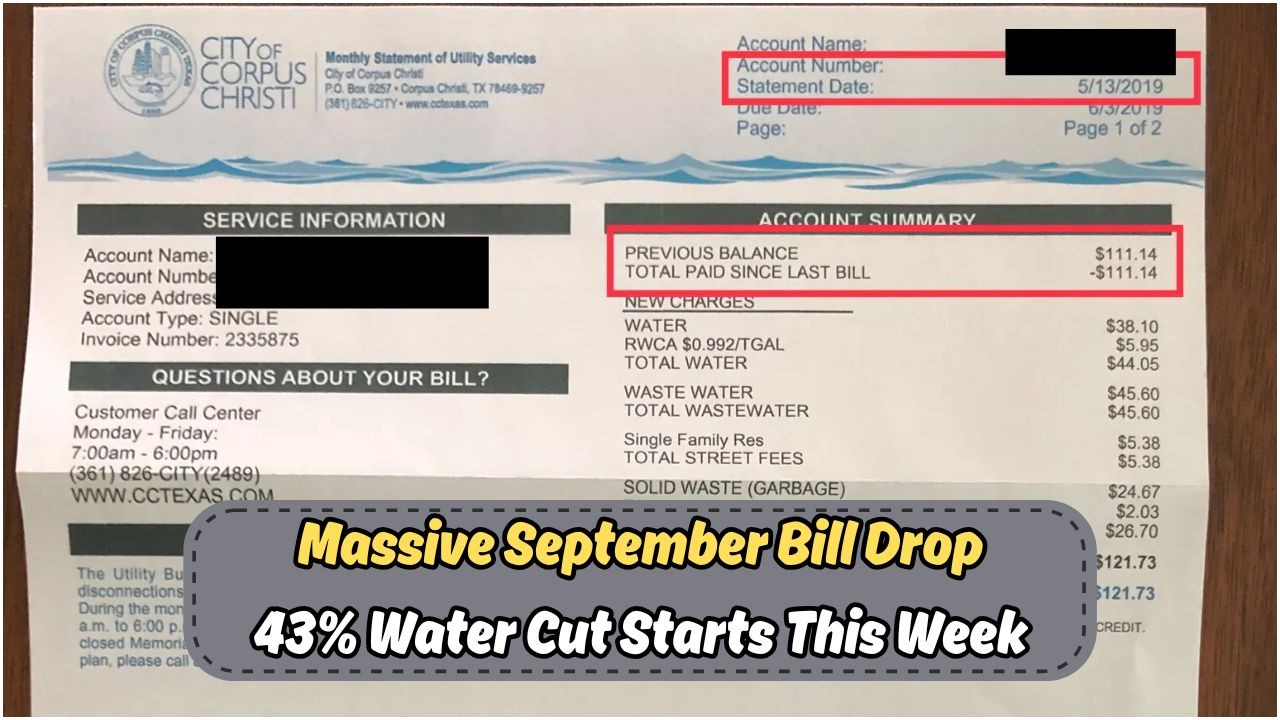Shockwaves in South Africa: The political landscape of South Africa was rocked on 13 July when President Cyril Ramaphosa made the decisive move to dismiss the Police Minister amid a burgeoning corruption scandal. This bold action underscores the President’s commitment to tackling corruption within the government, an issue that has long plagued the nation. The dismissal has sent shockwaves across the country, sparking debates about political accountability and the future of South Africa’s leadership. As the scandal unfolds, South Africans are left pondering the implications for governance and the potential for reform in the nation’s policing and justice sectors.
President Ramaphosa’s Bold Move in Addressing Corruption
President Cyril Ramaphosa’s decision to remove the Police Minister from office highlights a critical moment in his administration’s ongoing battle against corruption. By taking such a definitive step, Ramaphosa signals a zero-tolerance policy towards corrupt practices within his cabinet. This action is not only a reflection of the President’s determination to clean up the government but also a strategic move to restore public trust in the leadership. The dismissal aligns with Ramaphosa’s broader agenda to enhance transparency and accountability, which are crucial for fostering economic growth and stability in South Africa.
- Demonstrates leadership commitment to integrity
- Aligns with national anti-corruption strategies
- Signals a shift towards more transparent governance
- Enhances public trust in government actions
- Encourages accountability among officials
- Fosters a culture of ethical leadership
- Supports economic growth by reducing corruption
Impact on South Africa’s Political Climate
The removal of the Police Minister has significant implications for South Africa’s political climate. This move is expected to influence the dynamics within the ruling party, as well as the opposition, potentially leading to a reshuffling of political alliances. While some view the dismissal as a necessary step towards reform, others criticize it as a political maneuver. The decision also raises questions about the future leadership within the police force, as the new appointment will be crucial in steering the direction of law enforcement policies and practices. As South Africa navigates these political waters, the focus remains on how these changes will affect the nation’s path towards greater justice and security.
| Political Aspect | Potential Impact | Public Reaction |
|---|---|---|
| Ruling Party Dynamics | Possible reshuffling | Mixed responses |
| Opposition Strategy | Increased scrutiny | Heightened criticism |
| Law Enforcement Policies | Shift in strategies | Hope for reform |
| Public Trust | Potential improvement | Cautious optimism |
Implications for South Africa’s Governance
The ramifications of this political shake-up extend beyond the immediate dismissal. For South Africa, this event symbolizes an opportunity to reassess and strengthen its governance frameworks. With corruption being a persistent challenge, Ramaphosa’s decisive action could serve as a catalyst for broader institutional reforms. The focus now shifts to implementing effective anti-corruption measures that can withstand political pressures and promote ethical governance. The success of these efforts will depend on the collaboration between government bodies, civil society, and international partners committed to supporting South Africa’s journey towards a more transparent and accountable government.
Key Areas for Strengthening Governance
- Enhancing anti-corruption frameworks
- Improving transparency in public office
- Strengthening judicial independence
- Fostering collaboration with civil society
Strategies for Effective Governance
- Promoting ethical leadership
- Ensuring accountability in public service
- Encouraging public participation in governance
- Implementing robust oversight mechanisms
Public Reaction to the Dismissal of the Police Minister
The public’s response to the Police Minister’s dismissal has been varied, reflecting the complex nature of South African politics. Many citizens see this as a long-overdue step in the fight against corruption, while others remain skeptical about the motivations behind the dismissal. Public opinion is split, with some feeling hopeful that this marks the beginning of more extensive reforms, while others worry about the potential for political instability. As South Africa grapples with these issues, the government’s ability to maintain transparency and communicate effectively with the public will be crucial in shaping the narrative and ensuring continued support for anti-corruption measures.
- Hopeful for positive change
- Skeptical about political motives
- Concerned about instability
- Demand for transparency
The Role of Civil Society in Supporting Anti-Corruption Efforts
Civil society plays a vital role in bolstering anti-corruption efforts in South Africa. Organizations dedicated to promoting transparency and accountability are instrumental in holding government officials accountable and advocating for policy reforms. By partnering with government agencies, these groups can help ensure that anti-corruption measures are effectively implemented and monitored. Furthermore, civil society can facilitate public engagement, empowering citizens to participate actively in governance processes and demand accountability from their leaders.
Civil Society’s Contributions
- Advocacy for policy reforms
- Monitoring government actions
Empowering Citizens
- Facilitating public engagement
- Promoting transparency and accountability
- Encouraging civic participation
- Supporting whistleblower protection
- Enhancing access to information
Future Prospects for South Africa’s Political Landscape
The dismissal of the Police Minister amid a corruption scandal marks a pivotal moment in South Africa’s political journey. As the country looks to the future, the focus will be on ensuring that this event serves as a foundation for meaningful reforms rather than a fleeting political maneuver. The success of these efforts will depend on the government’s ability to implement sustainable changes, foster an environment of transparency, and maintain public trust. South Africa’s political landscape is at a crossroads, and the decisions made in the coming months will be critical in shaping the nation’s future trajectory.
FAQ Section
What led to the dismissal of the Police Minister?
Amid a corruption scandal, President Ramaphosa dismissed the Police Minister as part of his commitment to tackling corruption within the government.
How has the public reacted to this decision?
Public reactions have been mixed, with some hopeful for reform and others skeptical about the political motivations behind the dismissal.
What are the implications for South Africa’s governance?
This move emphasizes the need for stronger governance frameworks and could catalyze broader institutional reforms.
How can civil society support anti-corruption efforts?
Civil society can advocate for policy reforms, monitor government actions, and facilitate public engagement to promote accountability.
What are the future prospects for political reform in South Africa?
The future will depend on the government’s ability to implement sustainable changes and maintain public trust to ensure meaningful reforms.










